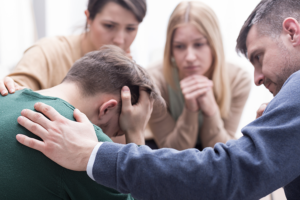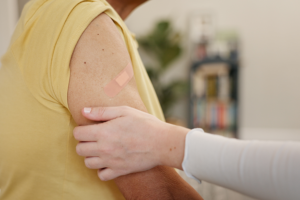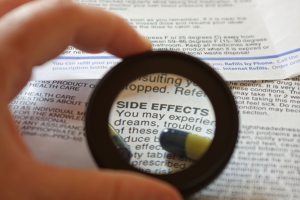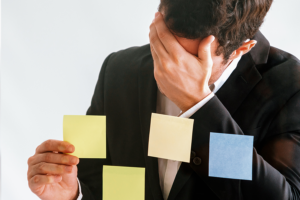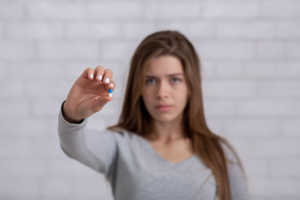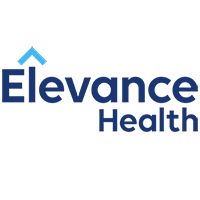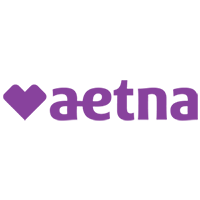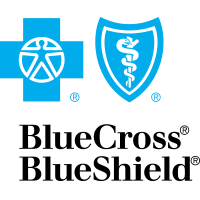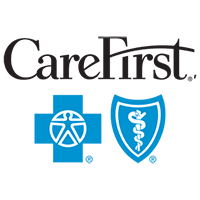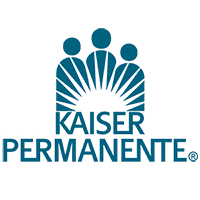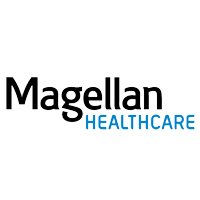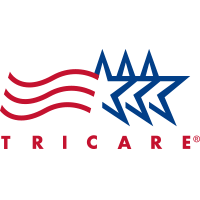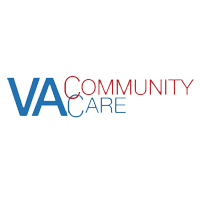
Boca Recovery Center – New Jersey Drug & Alcohol Rehab
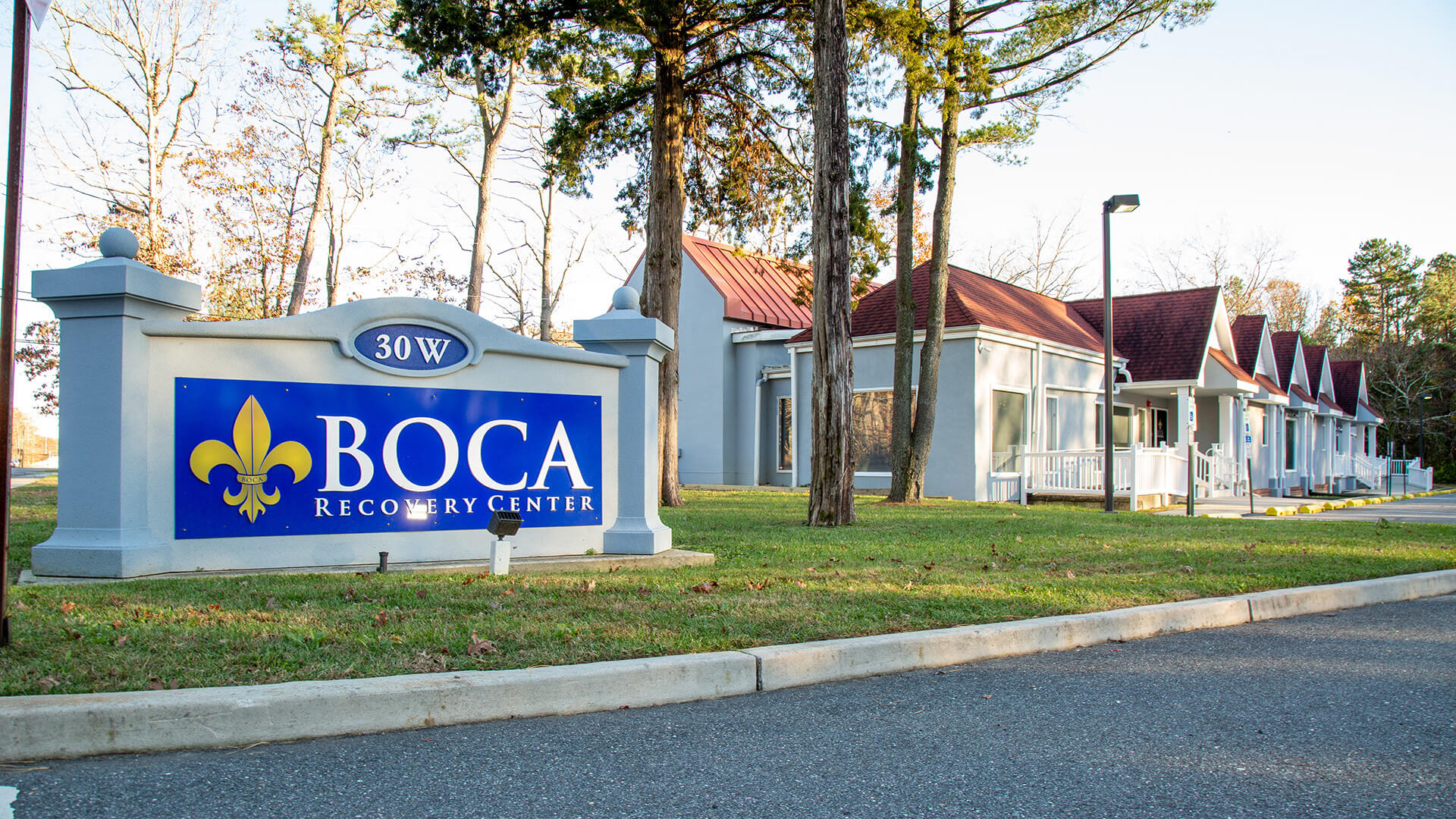
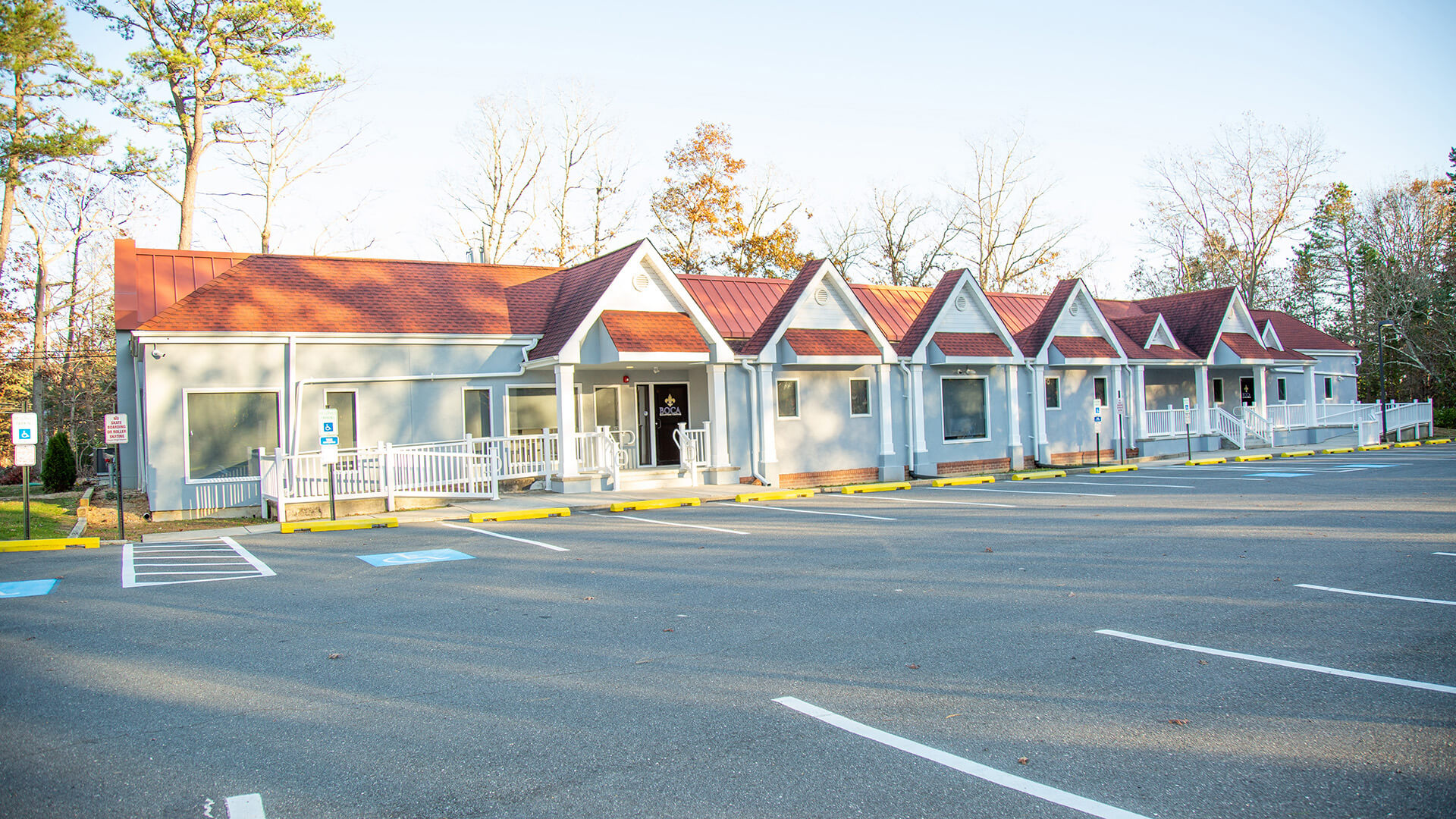
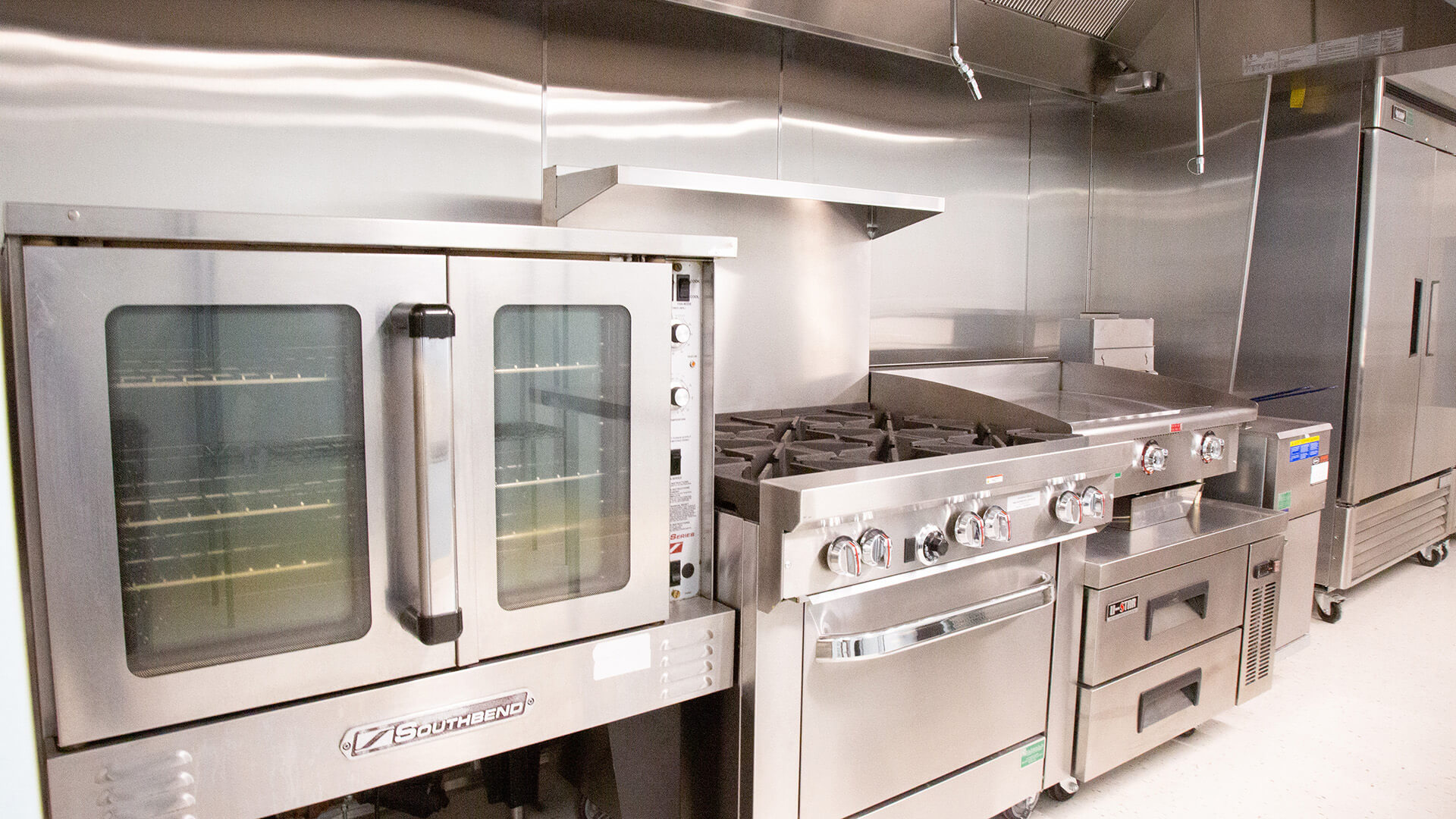
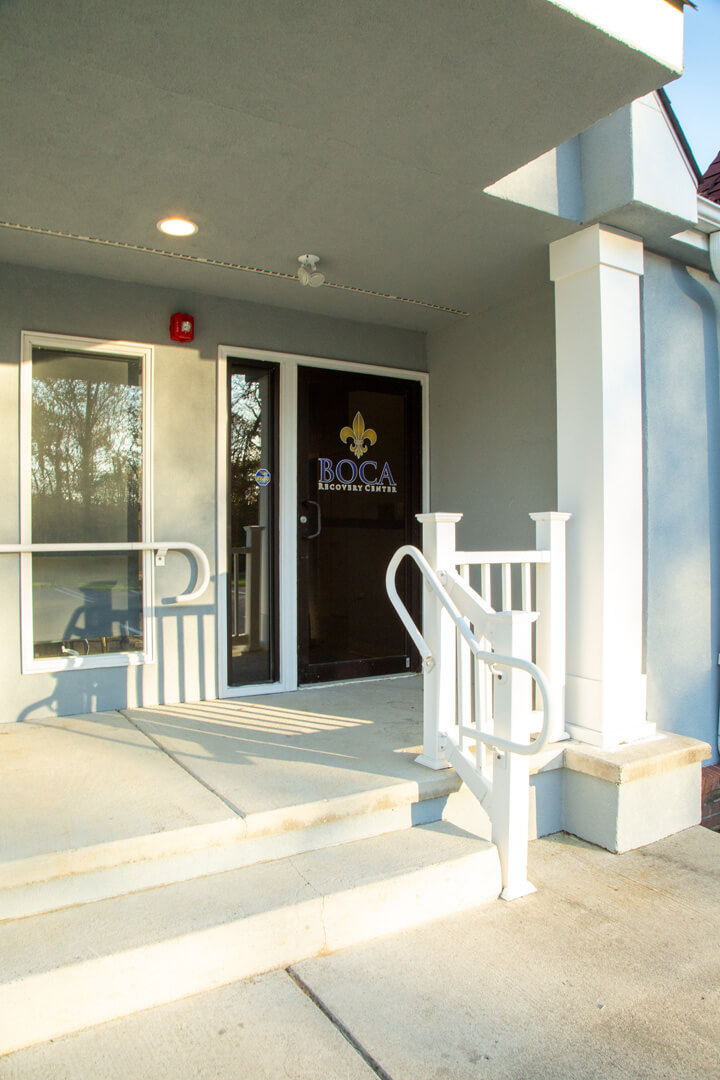
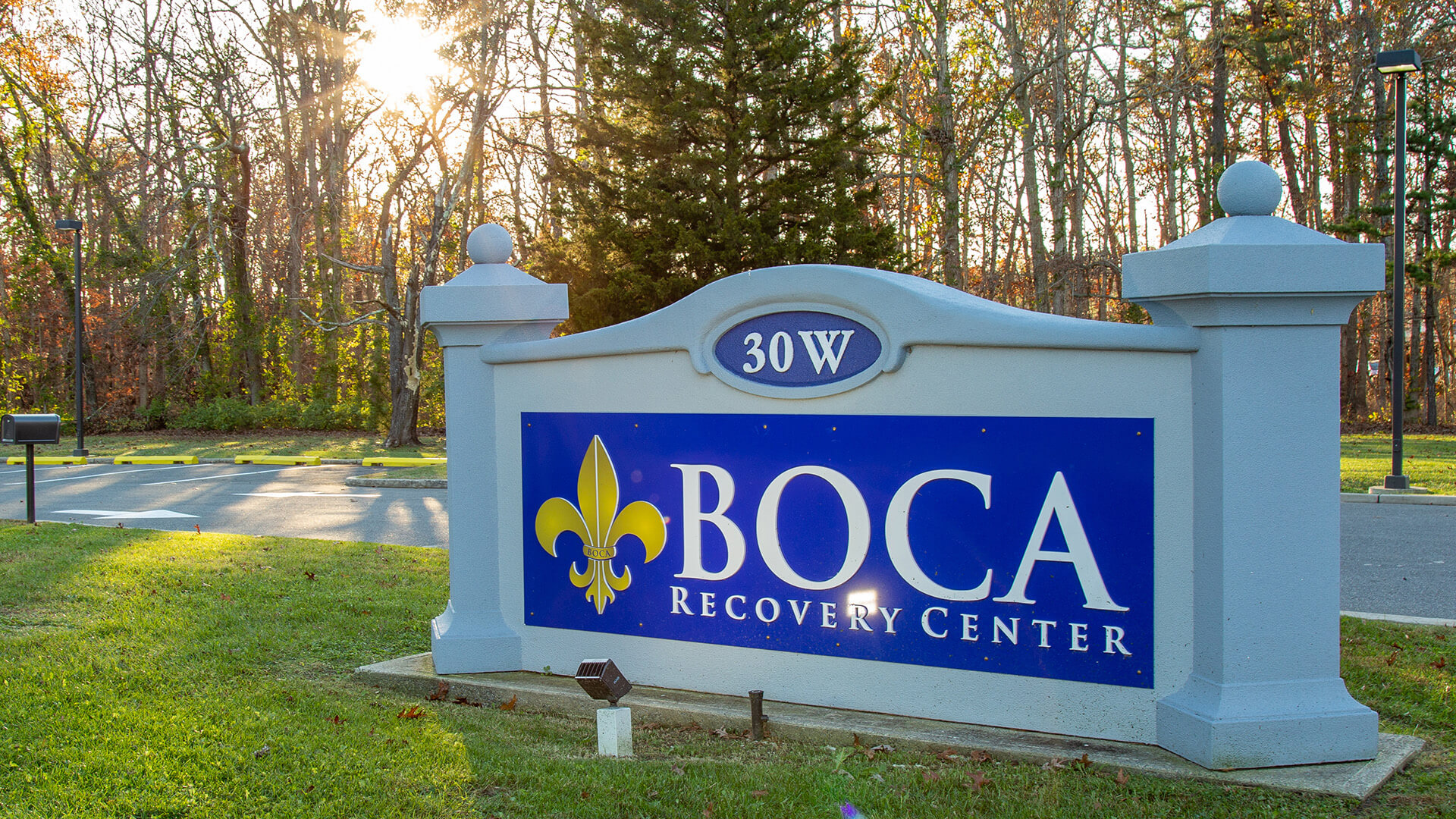
Founded
- 2016
Occupancy
- 20 – 30
Accreditations
- Joint Commission
- SAMHSA
- LegitScript Certified
Languages
- English
- Spanish
Facility Amenities
Our treatment center in Galloway has everything you need to overcome your addiction for good. Our 22-bed luxury facility near the Jersey Shore offers hotel-style accommodations, 24/7 medical support, and amenities like a media room, outdoor spaces, and fitness areas. Discover compassionate, customized treatment in a safe, supportive environment designed for lasting recovery.
Luxury Rehab
Recovery in a serene, five-star environment.
Prepared Meals / Private Chefs
Nutritious meals made fresh daily.
What this facility offers
Setting
Luxury Rehab
Recovery in a serene, five-star environment.
Dining & Meals
Prepared Meals / Private Chefs
Nutritious meals made fresh daily.
Treatments & Services
Treatments
24-Hour Clinical Care
At Boca Recovery Centers, our medically proven treatment plans start with withdrawal under 24-hour clinical care as you transition to an evidence-based therapeutic care model to treat addiction. Rapid detox programs can complete the protocol in one to two days, speeding the process using medications to ease your discomfort. Each step is taken to reduce your discomfort and relapse potential.
24-Hour Clinical Rehab in New Jersey
Our 22-bed facility offers private, hotel-style accommodations, gourmet meals prepared by private chefs, and serene indoor and outdoor spaces—including fitness areas and spa services—to promote holistic healing. With 24/7 medical supervision and personalized detox plans, we ensure a safe, comfortable transition into sobriety. Our tailored programs, including specialized tracks for veterans, LGBTQ+ individuals, and professionals, foster a supportive environment for lasting recovery. Discover how our premier amenities and dedicated care can guide you toward a healthier, substance-free life.
Medical Detox
Medical detox at our luxury rehab center uses a personalized and tailored program to meet your needs. The process starts with an assessment to determine the steps for stabilization and the best setting for your detox program – residential, outpatient, tapering, or rapid detox. We adjust your acute withdrawal timeframe based on the primary drug and your response, so the program is as short or long as you need it.
Detox for Drugs & Alcohol in Galloway
Our 22-bed facility offers private, hotel-style accommodations, gourmet meals prepared by private chefs, and serene indoor and outdoor spaces—including fitness areas and spa services—to promote holistic healing. With 24/7 medical supervision and personalized detox plans, we ensure a safe, comfortable transition into sobriety. Our tailored programs, including specialized tracks for veterans, LGBTQ+ individuals, and professionals, foster a supportive environment for lasting recovery. Discover how our premier amenities and dedicated care can guide you toward a healthier, substance-free life.
Inpatient Addiction Treatment
Our residential drug rehab program provides a unique advantage to recovery. It does not use a cookie-cutter approach, but provides a luxury environment allowing you to focus on treatment without outside distractions. Our whole-person approach includes complementary therapies and our specialized dual diagnosis program addresses addiction and co-occurring mental health issues simultaneously. Ongoing care connects you with tools, services and support groups near you to sustain your recovery.
Residential Drug Rehab in Galloway
Experience transformative recovery at Boca Recovery Center’s Galloway, NJ facility, where luxury meets evidence-based care. Our upscale amenities – including private accommodations, a fitness center, media and game rooms, and gourmet meals – create a serene environment conducive to healing. This comfortable setting allows you to focus entirely on your recovery journey, free from external distractions. With personalized treatment plans, 24/7 medical support, and a compassionate team, we ensure a holistic approach to overcoming addiction.
Partial Hospitalization Program
For patients that have completed inpatient or residential phase of rehab, we are committed to supporting your recovery journey every step of the way. For individuals who may benefit from continued structured care following inpatient treatment, we provide referrals to trusted nearby facilities offering PHP services. These programs typically include up to 30 hours per week of evidence-based and holistic care, helping clients address trauma, manage mental health conditions through dual diagnosis treatment, and engage in meaningful sober activities that foster connection and community. Our team works closely with each client to ensure a seamless transition to the next level of care that best supports their long-term recovery goals.
Intensive Outpatient
At Boca Recovery Center, we recognize that recovery doesn’t end with inpatient treatment. While we do not provide an on-site Intensive Outpatient Program (IOP), we help guide clients toward trusted nearby providers who specialize in this level of care. IOPs typically offer 9 to 20 hours of structured treatment per week, tailored to each individual’s needs and may include evidence-based therapy, medication management, and peer support. These programs allow clients to begin reintegrating into work, school, or family life while maintaining a strong therapeutic foundation. Our team ensures that every referral supports continuity of care and empowers each person’s ongoing recovery journey.
Outpatient
At Boca Recovery Center, we are dedicated to ensuring each client receives the right level of care at every stage of recovery. While we do not offer outpatient services directly, we refer individuals to trusted local providers who specialize in outpatient treatment. These programs are tailored to meet each person’s evolving needs, offering extended therapy to reinforce relapse prevention skills and support continued growth. We work closely with our clients to connect them with compassionate professionals who provide the emotional and clinical support necessary for long-term, sustainable recovery.
Outpatient Drug Rehab in New Jersey
Find outpatient rehab options in Galloway. While we do not directly offer outpatient addiction treatment services, we are committed to helping our patients find outpatient options once they have completed a detox or inpatient program. Learn more about finding outpatient options in New Jersey.
Medication Assisted Treatment
Our medication assisted treatment (MAT) is customized to your needs, using prescribed medications combined with evidence based therapy and skills training for a comprehensive approach to addiction treatment. MAT can be the basis of your recovery from opioids or alcohol and part of a long term personalized recovery plan that is directed by our exceptional staff who focus on helping you overcome addiction.
Programs
Dual Diagnosis
At Boca Recovery Centers, we recognize that often, addiction struggles can be accompanied by mental health struggles. Our highly trained medical and mental health professionals work collaboratively to address the dual diagnosis struggles you’re facing. We incorporate medication when necessary alongside our holistic treatment approaches to provide the specialized care you need. Whether you’re a veteran suffering from PTSD or have an anxiety, mood, or personality disorder, our recovery team is here for you.
12-Step
Medication support can help you lay the foundation for your addiction recovery needs, but the interpersonal services offered through traditional 12 step programming can help fill the gaps in your recovery. At Boca Recovery Centers you can participate in the 12 steps, work with a dedicated sponsor, and experience the peer support and community this programming can offer.
Alumni Program
Aftercare planning is critical to helping you stay the course of your sobriety. Our specialists will create an individually tailored aftercare plan that will help you maintain your sobriety for the long term. Our aftercare plans can include a combination of follow up appointments, medication assisted treatment services, and realistic recovery goals with actionable steps that you can work on.
Trauma
Trauma can fuel your substance use or mental health challenges. Boca Recovery Centers offer specialized trauma-focused care to help you work through difficult life experiences that have contributed to the struggles you’re facing today. Whether you’re a first responder, veteran, or victim of abuse, our care team will help you unpack, manage, and reframe the complex emotions that have been brought on by traumatic experiences.
Eating Disorders
Eating disorders seldom exist alone, and the complexities of an eating disorder and underlying substance use or mental health struggles can feel overwhelming. At Boca Recovery Centers, we provide clarity to your uncertainty. Our team will address your struggles in a comfortable recovery environment that allows you to fully focus on your health. This way, you can work through your co-occurring food related disorder with an experienced team by your side.
Who We Treat
Program For Men
Boca Recovery Centers tailor programming to the specific needs of men in recovery. Alongside medical detox, MAT, and holistic healing, our male-centric modalities focus heavily on counseling and support groups where topics including careers, life skills development, masculinity, and family life are discussed. Whether these topics have contributed to your substance abuse struggles or were impacted as a result, you can lean on the brotherhood at Boca Recovery.
Program For Women
Fluctuating hormones, family pressures, and general life and work demands are some of the stressors that contribute to the substance use or mental health struggles women often face. At Boca Recovery Centers, our treatment team addresses common behavioral health challenges including postpartum depression, prescription drug abuse, and mood disorders. Our compassionate care is guided by proven therapies including medical detox, MAT, counseling, and holistic healing.
Adult Program
At Boca Recovery, we understand that addiction and mental health struggles do not discriminate. Whether you're a working professional, a single parent, a stay at home mom, or a college student, our treatment programs are individualized to meet your recovery needs, whatever that might look like. Explore our adult recovery programs which include medical detox, MAT, and holistic therapies offered in an inpatient, outpatient, or partial hospitalization setting.
Seniors Program
Seniors working through a substance use dependency can experience unique struggles in recovery. At Boca Recovery Centers, our targeted senior programs address those struggles head on. Whether you’re undergoing medical detox, diving into emotional stressors in therapy, repairing relationships with loved ones through family counseling, or working alongside peers in our senior support groups and recreational activities, our inpatient and outpatient programs serve you in the way you need.
LGBTQ+ Community
Boca Recovery Centers are committed to providing compassionate care to members of the LGBTQ community. You'll be supported by experienced counselors as you navigate your substance use recovery journey. Addressing issues ranging from identity struggles to societal pressures and expectations, our inpatient and outpatient programs offer a safe and supportive space for healing. Work through personalized care plans that utilize evidence based therapies, holistic healing, and social support in an environment designed to help you reclaim your life.
Veterans
At Boca Recovery our commitment to quality care extends to the servicemen and women we’re honored to support. As a VA Community Care Network partner, we proudly support veterans and their families, offering trauma informed, evidence based care, and aftercare to address substance abuse and coexisting mental health struggles. Personalized care plans may include medical detox, MAT, treatment for PTSD, and other therapies to address the struggles you’re facing as a veteran.
Drug Rehab for Veterans in New Jersey
Boca Recovery Center’s Veterans Program in Galloway, New Jersey, offers a premier healing environment tailored to the unique needs of military veterans. With a low staff-to-client ratio, the facility ensures personalized, evidence-based care in a setting that combines luxury amenities with compassionate support. Private rooms, serene outdoor spaces, and attentive staff create a comfortable atmosphere conducive to recovery. Specialized programs address co-occurring mental health conditions like PTSD, providing comprehensive treatment for lasting wellness. As a proud partner of the VA Community Care Network, eligible veterans can access fully covered services, making this facility a trusted choice for those seeking a transformative recovery journey.
Working Professionals
Balancing a professional life, family, and treatment for a substance abuse disorder does not have to feel out of reach. At Boca Recovery Centers, our Professionals and Executives program allows you to continue managing life while seeking quality addiction treatment. Supervised medical detox, MAT, ongoing counseling, and flexible programming including inpatient, outpatient, and partial hospitalization care allow you to take control of your recovery while continuing your career.
BIPOC Community
Boca Recovery Centers is committed to quality substance abuse treatment that supports individuals from all walks of life. Offering culturally competent, sensitive, and trauma informed care to members of the BIPOC community, we're proud to be a leader in inclusive addiction recovery. Explore how we can support you through accessible rehab services.
First Responders
First responders face unique challenges in their line of work which can often contribute to mental health or substance abuse disorders if not addressed properly. Boca Recovery Centers offers specialized care to first responders through trauma informed, comprehensive inpatient and outpatient programming. Individualized treatment plans will address substance abuse disorders while getting to the root cause of your struggles whether it be a trauma related response or a co-occurring mental health disorder.
Addictions We Treat
Alcohol
If you suffer from chronic alcohol abuse, medical intervention is the safest way to help ease your body off of its chemical dependency. At Boca Recovery, we apply evidence based therapies to help you overcome alcohol addiction. Supervised medical detox is offered in both inpatient and outpatient settings and holistic therapies are weaved into your individualized treatment plan so you’re supported in the exact way you need.
Alcohol Addiction Treatment near Atlantic City
Discover comfort and care at Boca Recovery Center in Galloway, NJ, a premier 22-bed alcohol addiction treatment facility designed for lasting recovery. Enjoy private, hotel-style accommodations, gourmet meals prepared by in-house chefs, and rejuvenating amenities like fitness centers, spa services, and serene outdoor spaces. With 24/7 medical support and personalized treatment plans, our evidence-based programs—including medical detox, residential care, and outpatient services—ensure a safe, supportive environment tailored to your unique journey. Experience compassionate, customized care that empowers you to reclaim your life. Explore more about our transformative approach to recovery today. Rehabs
Opiates
You don’t have to overcome your opioid dependency alone. The highly experienced and trained staff at Boca Recovery is here to support you through an opioid struggle including addictions to fentanyl, heroin, prescription drugs, and other chemical dependencies. Medically supervised detox is used alongside MAT, targeted counseling, and holistic therapies to help you build recovery skills for a sober future.
Opiate Addiction Treatment in New Jersey
Experience transformative recovery at Boca Recovery Center in Galloway, NJ, our premier, 22-bed drug rehab facility offering hotel-style accommodations, 24/7 medical care, and chef-prepared meals. We specialize in treating addiction to heroin, fentanyl, prescription opioids, and other powerful opiates. Our upscale amenities, including a media room, fitness center, and peaceful outdoor areas, promote holistic healing in a serene environment. With personalized treatment plans and compassionate support, we ensure a comfortable, empowering recovery experience. Explore how our expert care and premium amenities can help you reclaim your life.
Amphetamines
Amphetamines are powerful stimulants that impact your central nervous system. Whether you were prescribed amphetamines or have become dependent on recreational variations such as methamphetamine, abusing these drugs can have life altering consequences. You can work through your chemical dependency with support services including medical detox, structured inpatient care, and holistic healing at Boca Recovery Centers.
Meth & Amphetamine Addiction Treatment in Galloway
Experience life-changing recovery from meth and amphetamine addiction at Boca Recovery Center in Galloway, NJ. Our specialized programs offer medically supervised detox, evidence-based therapies like CBT, and personalized treatment plans tailored to your unique needs. Enjoy premium amenities including private rooms, chef-prepared meals, and wellness-focused services that promote healing and comfort. With a dedicated clinical team and a serene, upscale setting, we make your path to sobriety both effective and empowering. Explore how our focused care helps you break free and thrive beyond addiction.
Benzodiaepines
Commonly prescribed for anxiety and sleep disorders, benzodiazepines are incredibly powerful sedatives when used appropriately. However, if you've struggled with a dependency on these drugs, seeking out appropriate care is critical. The inpatient treatment services at Boca Recovery combine medical detox, rehabilitative care, and aftercare support so that you’re supported in the way you need as you work toward a sober, healthy lifestyle.
Benzodiazepine Rehab in New Jersey
Boca Recovery Center in Galloway, NJ, delivers a premier benzodiazepine rehab experience, offering expert care for individuals recovering from Xanax, Valium, Ativan, Klonopin, and other commonly misused benzos. Our facility features medically supervised detox with personalized tapering protocols to reduce withdrawal risks safely. Patients receive individualized and group therapy, holistic wellness support, and educational sessions—all within a serene, upscale environment. With luxury accommodations and compassionate clinical staff, this center provides a comfortable setting for lasting recovery.
Prescription Drugs
Prescription drugs including oxycodone, hydrocodone, and others have fueled the opioid epidemic throughout the nation. When you’re ready to take the next step and overcome your prescription drug dependency, you can turn to the supportive team at Boca Recovery Centers. We combine our evidence-based therapies including medical detox and MAT with mindfulness, medicine, and recreational activities so that you can have a strong start to your recovery.
Cocaine
Cocaine is a fast acting stimulant that results in elevated energy levels and feelings of euphoria, but it can devastate your mental and physical well being. You can break free from your cocaine dependency with the supportive team at Boca Recovery Centers. We offer medical detox, MAT, behavioral therapy, and holistic support so you can take back your life with recovery skills that will help you succeed.
Cocaine Rehab Programs in New Jersey
Experience focused, effective recovery from cocaine addiction at Boca Recovery Center in Galloway, NJ. This state-of-the-art, 22-bed facility offers individualized treatment plans combining medical detox, evidence-based therapies like CBT and EMDR, and 24/7 clinical support. Clients benefit from a serene, structured environment featuring private rooms, chef-prepared meals, and wellness amenities that enhance healing. Specialized programs support co-occurring mental health conditions and cater to unique needs, including those of veterans and LGBTQ+ individuals. Discover a compassionate, expert-driven approach to lasting freedom from cocaine addiction.
Stimulants
Addictions to stimulants including cocaine, methamphetamine, prescription drugs, and other substances speed up brain activity, causing feelings of euphoria and high energy levels. Yet after these feelings fade, you may experience feelings of sadness, hopelessness, and loss of control. Work through these emotions and overcome your addiction to stimulants with comprehensive care including behavioral and holistic therapy at Boca Recovery Centers.
Hallucinogens
Hallucinogens can impact your perception of reality. With continued use, they can cause a dependency that will gradually impact your ability to lead an independent lifestyle. Taking the first step toward recovery can be difficult, but at Boca Recovery Centers, our individualized treatment plans are rooted in compassionate care that employs the latest treatment methodologies, MAT, holistic healing, and social recreational activities so that you can rebuild your life.
Depression
Depression doesn't discriminate. If your depressive episodes coexist alongside substance use struggles, the supportive team at Boca Recovery Centers can help. Taking a person-focused approach to care, our medical team and therapists employ the latest treatment approaches including medication support, behavioral therapy, and holistic healing, among other services. Discover how our inpatient treatment programs offer a positive environment for you to work through these complex emotions.
PTSD
If you’re battling PTSD that’s resulted from a traumatic event, time in service, loss, and other adverse life experiences, Boca Recovery Centers can help. Our supportive medical and mental health team takes a person-focused approach to recovery that combines therapy, medication support, and specialized care. Focused treatment tracks for veterans provide you with targeted care while dual diagnosis services address underlying substance use struggles that exist as well.
Anxiety
Anxiety can keep you from experiencing the life you deserve. Boca Recovery Centers allow you to work through these struggles with proven therapies and medication assistance when necessary. Our inpatient programs offer a positive environment for you to connect with peers, engage in social activities, and take steps toward healing. Meanwhile, counseling and behavioral health services empower you with the skills you need to live life unrestricted.
Bipolar
The psychological symptoms of bipolar disorder can make it challenging to lead a productive, healthy life. These challenges are compounded when substance use is involved. Boca Recovery Centers tackles these challenges head on by providing supportive dual diagnosis support to meet your recovery needs. Our individualized treatment plans incorporate medication assistance, counseling, and holistic healing in a setting that works for you.
Therapies
Cognitive Behavioral Therapy
Cognitive Behavioral Therapy (CBT) at Boca Recovery Centers is fully accredited, highly structured and conducted by experienced therapists. Our CBT program is designed to meet you where you are in your recovery journey, including detox, residential treatment, or outpatient care. Our goal is to help you understand the root cause of your addiction and develop healthier coping strategies. This comprehensive approach ensures you get the tools you need for a sustainable recovery.
Dialectical Behavior Therapy
At Boca Recovery Center, Dialectical Behavior Therapy (DBT) is integrated into your personalized treatment plan when you are struggling with substance use disorders or co-occurring mental health conditions. We emphasize a comprehensive approach to treatment, focusing on creating a safe and supportive environment where you learn the tools to manage stress and impulsive behaviors. We combine this therapy with other treatments to empower you to build a foundation for long-term recovery.
Family Therapy
At Boca Recovery Centers, we understand that addiction affects more than the person struggling with substance abuse. It touches the whole family. We emphasize healing your loved ones so your recovery is more effective. We focus on improving communication and rebuilding trust, working closely to set healthy boundaries. Your sessions are tailored to address your family dynamics and challenges, with practical tools to support your recovery.
Group Therapy
Our group therapy programs are designed to foster a supportive community where you feel less isolated and more encouraged. Sessions are facilitated by experienced therapists and incorporate evidence-based treatments. We ensure you have the practical skills to manage triggers and prevent relapse. We tailor the sessions to address the group’s needs so each person receives relevant support and guidance, playing a pivotal role in a holistic recovery process.
Individual Therapy
Individual therapy at Boca Recovery Center is a flexible, personalized approach to addiction treatment. Your sessions can be held in-person or virtually, and are tailored to address your unique challenges and goals. Online programs include secure and confidential sessions with high-quality treatment from the comfort of your home. We emphasize consistency, quality care, and a trusting and therapeutic relationship to overcome addiction and improve your overall mental health.
Nutrition Therapy
We integrate nutrition therapy in our holistic approach to addiction recovery and emphasize the critical role it plays in physical and mental health. Our registered dietitians can show you how nutrition affects recovery and empower you to sustain a healthy lifestyle. We combine nutritional therapy with other treatment modalities to support your physical recovery and psychological well-being.
Trauma Therapy
We recognize the profound impact that traumatic experiences have on addiction and mental health. Our specialized programs prioritize safety, empowerment, and healing. At Boca Recovery Center, we incorporate evidence-based treatments to help you process memories in a compassionate and nonjudgmental environment. Our highly skilled therapists create a safe space to avoid re-traumatization and promote trust, ensuring your plan is personalized and provides comprehensive support for healing.
Facility Staff
Our compassionate and highly qualified team of addiction specialists is dedicated to guiding each individual on their journey to recovery with expert care and genuine support.

Stephanie Morris
Chief Nursing Officer
On Site

Stephanie Morris
Chief Nursing Officer
Location
On Site
Stephanie is originally from Boca Raton, FL where she graduated from Broward College and City College to pursue her passion as a registered nurse. Stephanie has been a director of nursing for the last 6 years in the mental health and substance abuse field. Prior to that she was a registered nurse at Baptist Health Bethesda Hospital where she began building her nursing foundation. She has opened and maintained several dual diagnosis facilities in the South Florida area and understands the unique dynamic between the medical and administrative duties as the Chief Nursing Officer. Some of these duties Stephanie excels in are creating and implementing systems and procedures to comply with the most up-to-date federal and state compliance. Stephanie has demonstrated expertise in overall operations with the medical and nursing components of treatment in both our Florida and New Jersey locations. Stephanie’s approach in providing nursing care continues to be that no matter what the client is here for, WE are here to help. Her goal as Chief Nursing Officer with Boca Recovery Center is to provide a collaborative comprehensive approach to client-centered care for the best client outcomes.

Casey Hiltner
Director of National Outreach
On Site

Casey Hiltner
Director of National Outreach
Location
On Site
Casey Hiltner was born and raised in Margate, New Jersey, and moved to South Florida after reaching out to his childhood friend, Chris Ferry, for help with his addiction. With Chris’ support and encouragement, Casey found sobriety and remained in South Florida, and soon he began working for Chris as Boca Recovery Center was in its initial stages of development. Now, with several solid years of recovery under his belt, Casey has been working for Boca Recovery Center in their Admissions Department in various positions. For the past 2 years, Casey has taken a leadership role as the Director of Community Outreach, and he is excited to be relocating home to New Jersey, where he will continue in his role of Outreach at our Galloway, New Jersey facility.

Blake Forbes
Director of Operations (Galloway, NJ)
On Site

Blake Forbes
Director of Operations (Galloway, NJ)
Location
On Site
Blake was born and raised in Chicago, Illinois. He moved to New Jersey in January 2023, specifically to take on his role of Director of Operations for Boca Recovery Center in Galloway. Blake has been working in substance use disorder treatment for the past 4 years. He began his career in treatment in California, holding various positions including Behavioral Health Technician, Insurance Collections, Administration, and Program Director. Blake has been in recovery since 2019 and credits his ongoing sobriety to finding a spiritual way of living through the 12 steps. When he is not working, Blake enjoys time with his family, and spending time with his two young daughters.

Taralynn Peak
Supervisor of Counseling Services (Galloway, NJ)
On Site

Taralynn Peak
Supervisor of Counseling Services (Galloway, NJ)
Location
On Site
Tara was born and raised in New Jersey. After graduating from high school, Tara joined the U.S. Army as a Combat Medic. After a car accident in 2003, Tara was prescribed opioid medication and spent the next 8 years struggling with addiction. In 2013, Tara began working in substance use treatment as a behavioral health technician and made the decision to return to school. Tara received her CADC and associate degree simultaneously and went on to complete her bachelor’s degree and then master’s degree in social work. In December 2022, Tara joined the team at Boca Recovery Center in Galloway as a Primary Therapist, and her leadership skills and passion for her work resulted in her taking the role of Supervisor of Counseling Services in September 2023. In her spare time, Tara can be found providing service to her recovery community, helping to carry the message of recovery. Tara also loves being outdoors and can often be found on hiking trails. Tara also has a strong love for Shark Week, calling it “my favorite time of the year.”
Start Your Recovery Journey Today
Ready to take the first step toward recovery? Our team is here to answer your questions about the treatment process and what to expect at Boca Recovery Centers.

1
Free Screening Assessment
Speak with an experienced admissions specialist who will guide you through a free, confidential screening. You’ll discuss your treatment history, financial situation, and any co-occurring mental or physical health issues. This conversation helps us determine the right level of care and ensures our program is a good match for your needs.
2
Get Your Custom Treatment Plan
After your screening, our team will design a personalized treatment plan just for you. We’ll help you choose the Boca Recovery Center location that best fits your situation. Together, we’ll review your treatment goals, preferred therapies, and timeline, so you can feel confident and informed before starting your recovery.


3
Plan Your Recovery
With your treatment plan in place, we’ll walk you through the next steps. Your admissions counselor will help coordinate travel, share a detailed packing list, and answer any last-minute questions. We make the transition into care as smooth and stress-free as possible, so you can focus on what matters most—healing.
4
Start Healing
You’ve taken the first brave step—now it’s time to begin your journey. Upon arrival, you’ll be welcomed into a safe, supportive environment designed for lasting recovery. Our compassionate team is here to guide you every step of the way as you reclaim your life and start healing.












